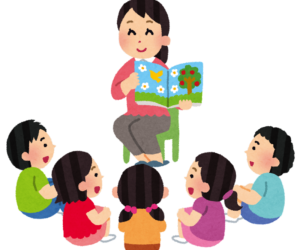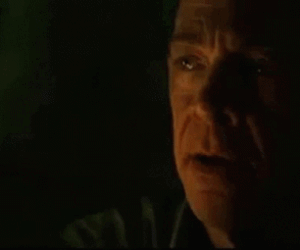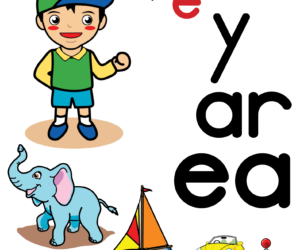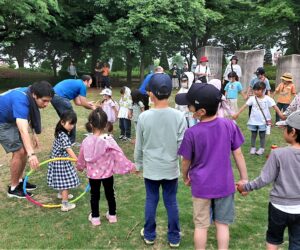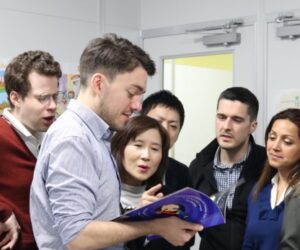Two years of teaching… Finally, the almost constant feeling of panic and uncertainty about my lessons has been replaced by something that from afar, resembles confidence. Finally, I know the curriculum (well, more or less), I’ve taught all the books at least once, I’ve kept most of my classes from last year and I’m familiar with every school and advisor. After two years of having worked at MY I’ve gained enough expertise to try and sail by myself, fix the mistakes I’ve made over the course of two years so I won’t repeat them again, and I will be able to reinforce my strong teaching skills. I’m ready! I’m ready! Let’s nail it!
And then someone ate a bat!
Moving to remote lessons was devastating to my confidence. Yet again, I’ve come back to the square one, back to March of 2018 – having no clue about what I’m doing. It is terrifying, really, to have an enormous amount of expectations put on you and you feel that you just can not carry it all. The first day of remote lessons went disastrously bad. A myriad of technical issues, crappy sound quality, lessons being too teacher-centered, inability to do proper error correction, regular silence as a response to my question… To me, an obsessive-compulsive perfectionist, this was too much. After coming back home I just wanted to let it go and forget about it, but I couldn’t. Suddenly being stripped of my strengths and ripped out of my comfort zone made me feel powerless and forced me back to the lesson-conscious Alina.
However, as weeks went by I started to feel better. Lessons went way smoother, and my students’ smiles returned to their faces. Wondering what happened I started to reflect on the first week of teaching lessons remotely, and I found a simple answer.
Adaptability.
One of my favourite books from this year so far “Life of Pi” by Yann Martel has this amazing quote in it: “All living things contain a measure of madness that moves them in strange, sometimes inexplicable ways. This madness can be saving; it is part and parcel of the ability to adapt. Without it, no species would survive.”
Why is adaptability so important in the current uncertainty? Adaptability matters because being able to restructure to new circumstances and do necessary self-correction is one of the things that separate people and organizations of the past from the people and organizations of the future in our hyper-globalized world. An English school can easily fold its wings and shut down for several months because they can’t swiftly adapt to the unfolding events since it’s easier to wait for the “whole thing to blow over”. Another English school though can quickly reassess the situation and figure out the best a possible solution to the existing problem not only for the business side of things, but also for the clients.
In fact, this almost a buzz-word now, adaptability, is what I think separates MY’s teachers from those who don’t make it here. On this note, the list that Professional Development and Hiring Teams made together that talks about the kinds of teachers we are always on the lookout for, adaptability came first. Of course, one can come with a phenomenal amount of teaching experience, a great CV and yet fail miserably in a student-centered classroom. Another person though, even with zero teaching experience and straight out of college can still make a difference and blow us all away. The key to this, I think, is being able to see the environment around you and adapt to it.
I don’t know how many more people are doing this weird thing that I do, but often, when I look back at some traumatic and difficult experiences of my life, I remember them with warmth and gratitude. Being severely bullied in high school was a horrendous experience, but now thinking about it does not hurt anymore. In fact, it makes me feel grateful since it has shaped me and made me myself, and, to be frank, maybe precisely as a result of this I made it all the way here. Even the Japanese driving school that I attended last year brought me so much stress and anxiety because learning how to drive with my limited Japanese skills and awful sense of direction was one of the greatest challenges I’ve ever faced. Nevertheless, now I remember that time with so much affection I sometimes wish I could go back and experience it all over again. I think, in the end, I adapted to most challenges in my life and ultimately feel beholden to those trials as a source of continued self-improvement.
I hope in a few months I will feel grateful about the remote lessons too.


